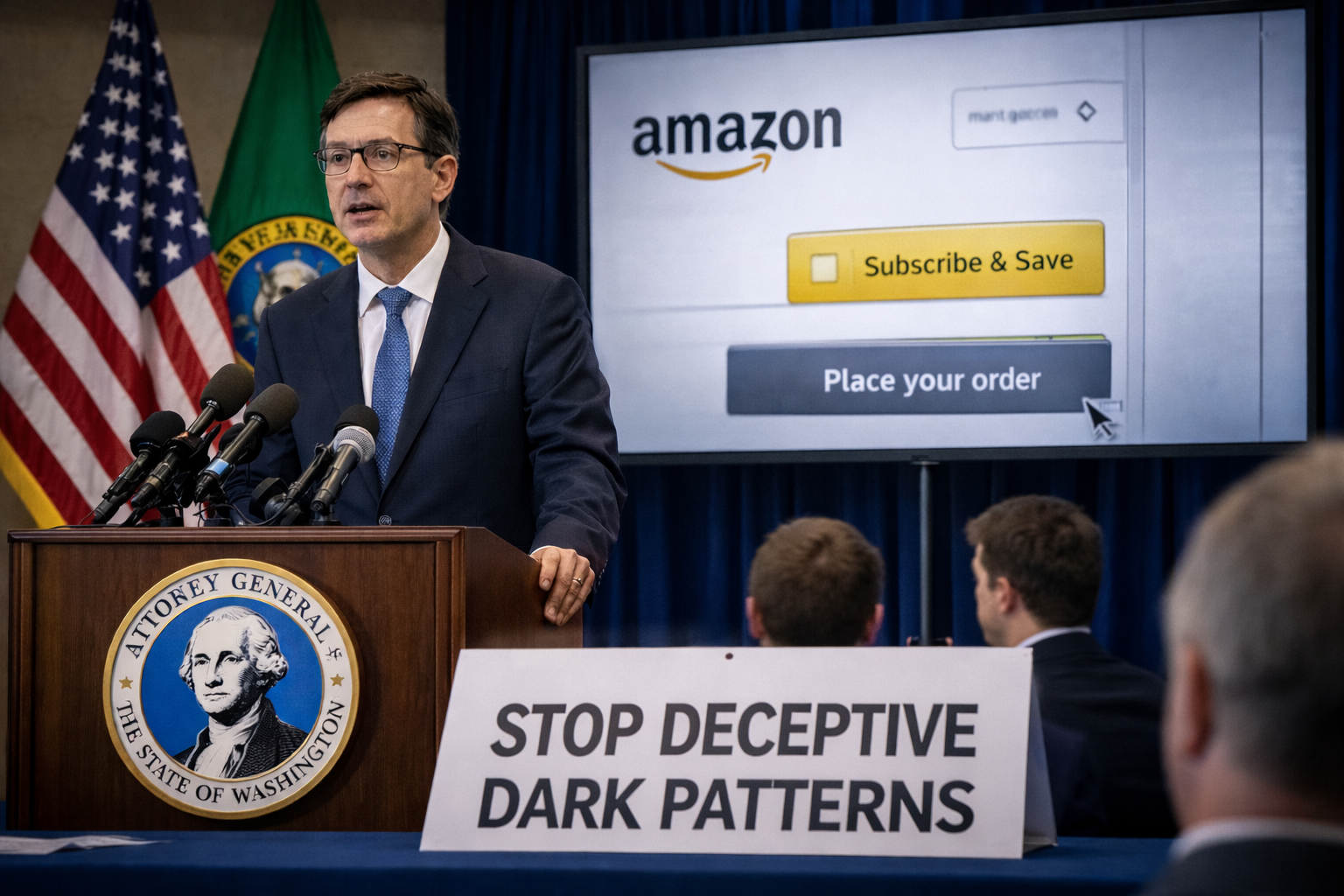TikTok Hit With State Lawsuit Over Alleged Harm to Children and Teens
A state lawsuit has been filed against TikTok, alleging the platform was designed in ways that cause harm to children and teenagers. The case focuses on claims that TikTok knowingly used addictive features to keep young users engaged for extended periods, despite evidence of negative mental health effects.
According to the lawsuit, TikTok’s design encourages compulsive use through endless scrolling, algorithm driven content feeds, and frequent notifications. State officials argue these features were intentionally engineered to maximize time spent on the app, particularly among younger users who are more vulnerable to behavioral manipulation.
The complaint alleges TikTok was aware that excessive use of the platform could contribute to anxiety, depression, sleep disruption, and reduced self esteem among teens. Despite this knowledge, the lawsuit claims the company continued to promote features that increased dependency rather than implementing meaningful safeguards.
One major issue raised is the platform’s recommendation algorithm. The lawsuit alleges TikTok’s algorithm quickly learns a user’s emotional triggers and repeatedly pushes similar content to maintain engagement. For young users, this can mean repeated exposure to harmful material related to body image, self harm, or risky behavior.
The state also claims TikTok failed to provide adequate parental controls and misrepresented the effectiveness of existing safety tools. According to the lawsuit, parents were led to believe they had meaningful oversight, while key features remained difficult to monitor or disable.
Another allegation involves time awareness. The lawsuit claims TikTok downplayed or obscured how much time users spend on the app. While optional screen time reminders exist, the state argues they are ineffective and easy to ignore, especially for minors.
The complaint further alleges TikTok prioritized growth over child safety. Internal research cited by regulators reportedly showed awareness of youth harm, yet product decisions continued to focus on engagement metrics rather than user well being.
TikTok has denied the allegations and argues it provides safety features, age based protections, and educational resources for parents and teens. The company maintains it takes youth safety seriously and that its platform offers creative and social benefits when used responsibly.
The court will likely examine whether TikTok’s design choices cross the line from entertainment into harmful manipulation. Judges may also consider whether the company had a duty to alter features once risks to minors became known.
This lawsuit matters to parents because it directly addresses how digital platforms shape children’s behavior. Many families struggle to limit screen time, especially when apps are designed to resist disengagement. A ruling in favor of the state could force changes to how youth focused features operate.
It also matters to the technology industry. If the lawsuit succeeds, other platforms may face similar challenges over addictive design, especially those popular with minors. Companies may be required to redesign algorithms, limit engagement features, or increase transparency.
For policymakers, the case highlights gaps in existing child protection laws. Technology evolves faster than regulation, and courts are increasingly asked to define boundaries around acceptable design practices.
Possible outcomes include financial penalties, changes to platform features, stronger parental controls, or restrictions on how content is recommended to minors. Even partial rulings could influence industry standards.
As digital platforms continue to play a central role in youth culture, courts are being asked to weigh innovation against responsibility. This lawsuit represents a growing effort to hold companies accountable for how design decisions affect children and teens.











